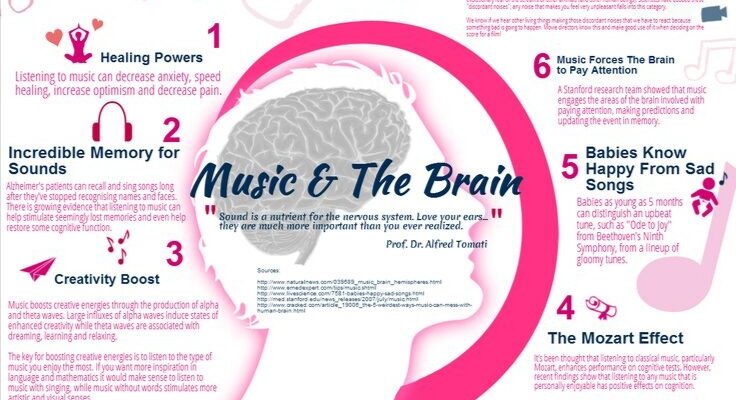As the years accumulate, many of us brace for the subtle shifts in cognitive function, perhaps a slightly less sharp memory or a struggle to follow conversations in a bustling room. It’s often viewed as an inevitable part of aging, a biological curtain call for our brain`s peak performance. But what if the key to maintaining mental agility and clarity, particularly in the realm of hearing and understanding, lies not in complex pharmaceuticals or futuristic brain implants, but in something as ancient and joyful as a musical instrument?
The Harmony of Research: Music`s Cognitive Benefits Revealed
Recent compelling research, spearheaded by scientists from Canada and China and published in the esteemed journal PLOS Biology, suggests just that. Their findings illuminate a fascinating connection: long-term musical engagement appears to significantly slow down age-related brain changes, offering a remarkable boost to our ability to perceive speech, even amidst distracting noise. This isn`t merely about appreciating a good tune; it`s about safeguarding one of our most crucial cognitive functions.
Building a Cognitive Safety Net: The Power of Reserve
How does wielding a violin or tickling the ivories translate into sharper hearing in later life? The answer lies in what researchers term “cognitive reserve.” Think of your brain as a bank account. Every time you engage in mentally stimulating activities – learning a new language, solving complex puzzles, or, crucially, practicing music – you’re depositing funds. This reserve isn`t just a static savings account; it`s an active, dynamic pool of neural resources and flexible brain networks. When age-related changes inevitably occur, or when your brain encounters a challenging task like deciphering speech in a loud environment, it can draw upon this accumulated reserve. Instead of struggling and needing to “compensate” by overworking other areas, the well-exercised brain simply navigates the challenge with greater efficiency, much like a seasoned musician effortlessly improvises through a complex score.
The Study`s Striking Overture: Musicians vs. Non-Musicians
To arrive at these insights, the research team conducted an insightful study involving three distinct groups: 25 older adults with extensive musical experience, 25 older adults with no significant musical background, and 24 young adults. Using functional Magnetic Resonance Imaging (fMRI), a technique that maps brain activity by detecting changes in blood flow, they meticulously monitored participants` brains as they attempted to recognize syllables against a backdrop of disruptive noise. The results were, quite frankly, harmonious: the older musicians demonstrated brain activity and performance levels remarkably similar to those of the young participants. In stark contrast, the non-musician older adults exhibited the typical age-related neural reorganization, a sign of their brains working harder to achieve the same task. This suggests that music isn`t just a pleasant pastime; it`s a profound workout for the brain`s auditory processing centers.
Never Too Late to Play: Practical Implications for Brain Health
The implications of this research are profound and highly practical. It positions music education and ongoing musical practice not as a luxury, but as a potent, accessible tool for maintaining cognitive vitality throughout life. And here’s the most encouraging note: it appears to be never too late to begin. Whether you’re dusting off an old guitar or considering picking up a recorder for the very first time, consistent engagement with an instrument can potentially lay down significant cognitive protective layers, helping you to not only hear better in challenging conditions but also to preserve overall mental flexibility. Perhaps those childhood piano lessons weren`t just about cultural enrichment; they were an unwitting investment in future brain health.
A Duet for Longevity: Music and Physical Activity
It`s also worth noting that this study adds another layer to our understanding of holistic brain health. Previous research has consistently highlighted the benefits of physical activity in slowing cognitive decline, showing that even modest, regular exercise can help seniors maintain memory and attention. When combined, the rhythmic discipline of music and the physical exertion of exercise present a compelling two-pronged strategy for preserving our most complex organ.
In an age where we seek every advantage against the natural course of aging, the simple act of making music emerges as an elegant, enjoyable, and scientifically validated path to a more vibrant cognitive future. So, go ahead, strike a chord, beat a drum, or hum a tune – your brain might just thank you with decades of sharper listening.








